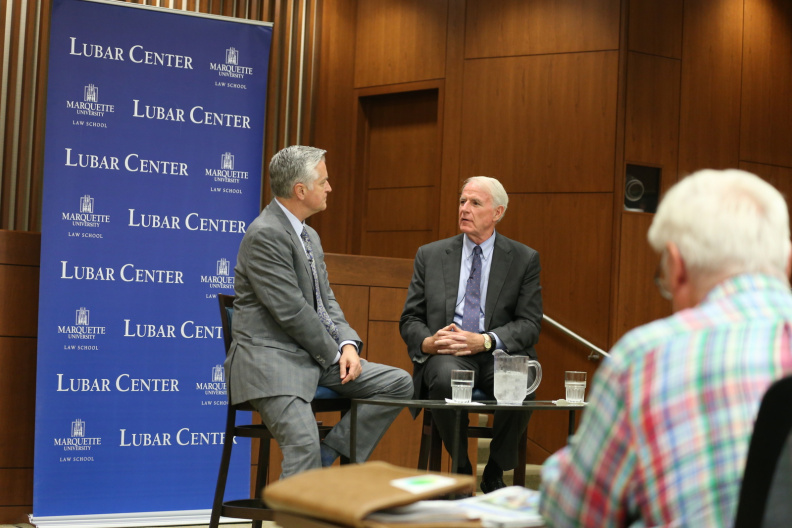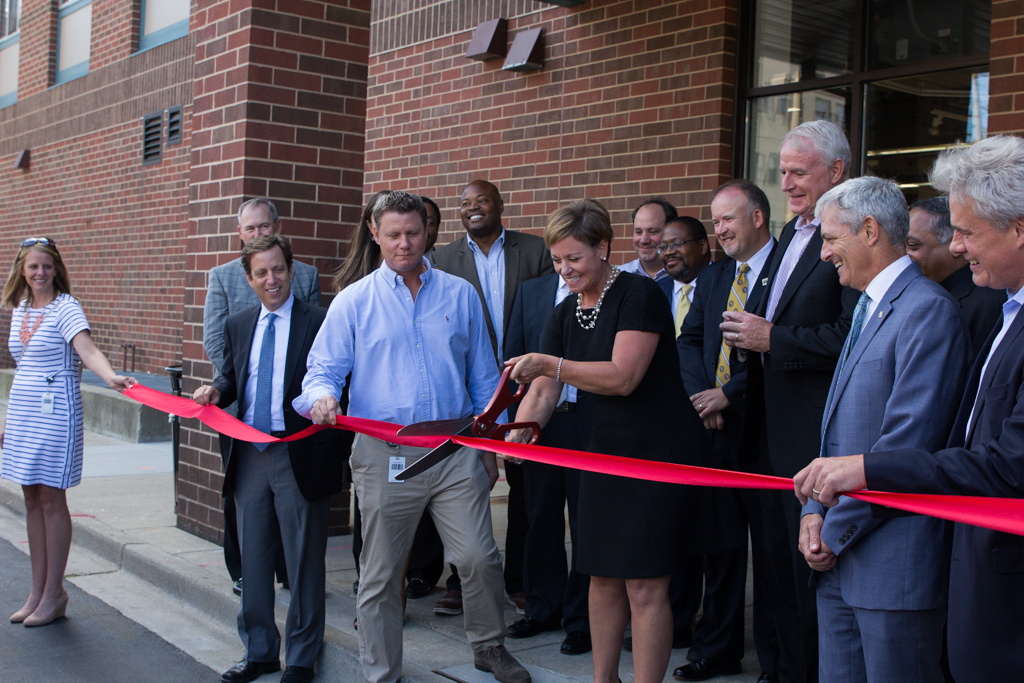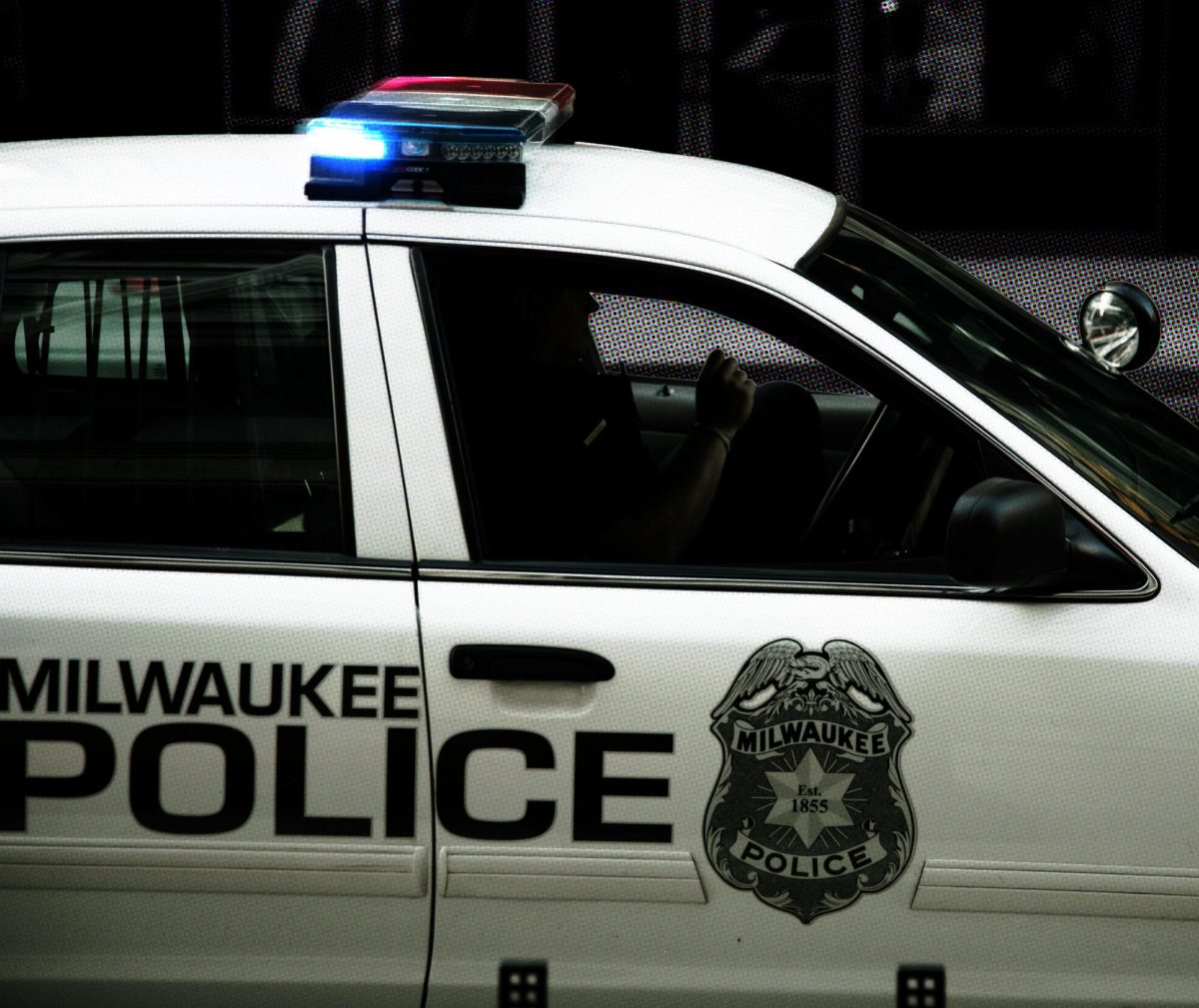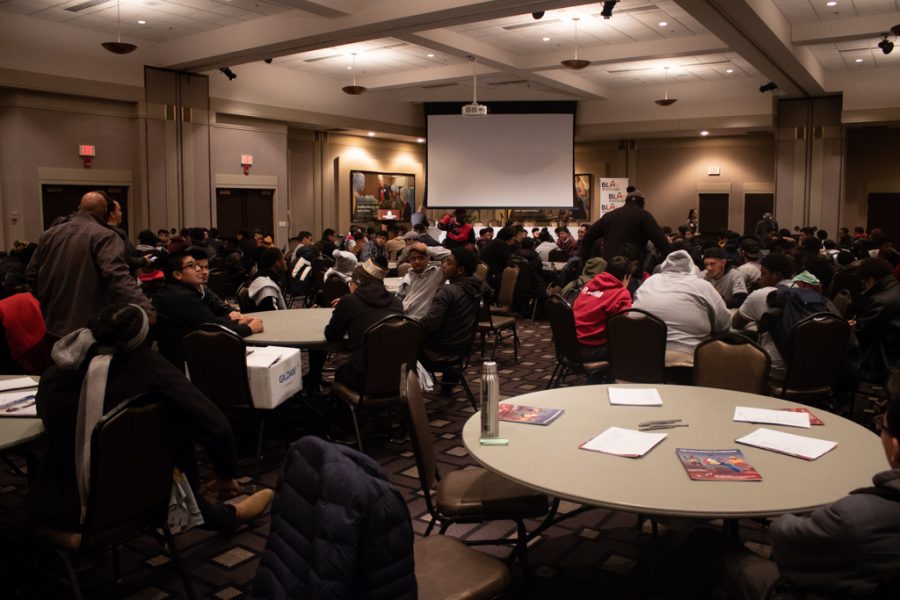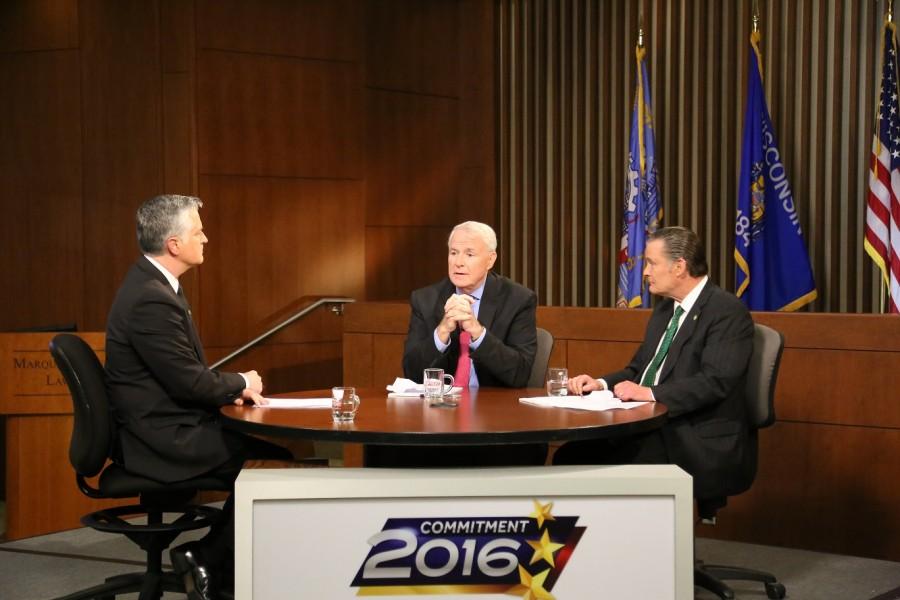Too many cooks can spoil a dinner. For the same reason, we support state legislation allowing the mayoral takeover of Milwaukee Public Schools.
Last month, the state legislature proposed a bill that would give Milwaukee’s mayor power to appoint a superintendent of MPS and control the property tax levy.
Currently, MPS is governed by nine elected members from eight designated school districts.
MPS is plagued with impoverished students, poorly managed infrastructure, vacant buildings, budget deficits and an achievement gap between state and local test scores, especially for black students, and dismal graduation rates.
Its disjointed and incongruent leadership is evidenced by its eight board presidents in the last 10 years. In contrast, there have been four city mayors in the last four decades.
To be fair, MPS is the largest school district in Wisconsin and the 29th largest in the nation, serving just shy of 90,000 students.
Nearly three-quarters of them qualify for the reduced or free lunch program. It’s a behemoth, and it has huge effects on the state’s and city’s economies.
With an education system as anemic as Milwaukee’s, it’s no wonder the city was recently rated the seventh most impoverished city with a population of more than 250,000 by the U.S. Census Bureau in 2007.
With all the waste and bureaucracy, it’s time our schools trim the fat and treat the system more like a business: reducing costs and maximizing gains through new and innovative strategies. And the mayor, who has the most to gain from a strong city, should be its CEO.
Critics of the mayoral takeover bill argue that it stifles the democratic process of allowing the public to elect who represents its school district.
In response, the Reforming and Advancing Children’s Education for Success Act was proposed. This new bill would keep an elected school board but give the mayor limited powers to make recommendations, some oversight of the property tax levy and the ability to veto the board’s superintendent pick.
But in the end, the board would have the final say and the ability to overturn the mayor’s vetoes with a two-thirds vote.
RACE for Success does nothing to solve the biggest problem with the MPS behemoth — accountability. Rather, it establishes even more hoops to jump through to make any real decisions.
Mayoral control doesn’t have to mean the loss of public voice and input in education — in fact, it may even strengthen it. School board elections have a history of low voter turnout. City elections draw much more attention and scrutiny from the media.
With the quality of education riding squarely on the mayor’s back, a mayor can expect his re-election to depend heavily on the results he produces in the schools.
Businesses thrive on new ideas and efficiencies, so long as they deliver clear results. The same philosophy should be practiced in our school system.
Building the city’s human capital by demanding better quality education and designating who is accountable for delivering it isn’t mere rhetoric for a charity or community activist — it’s capitalism.
As the economy hemorrhages jobs and forces us to redefine how we do business, let’s give MPS students a lesson in business management they can take with them to the professional workforce, rather than the unemployment lines.


